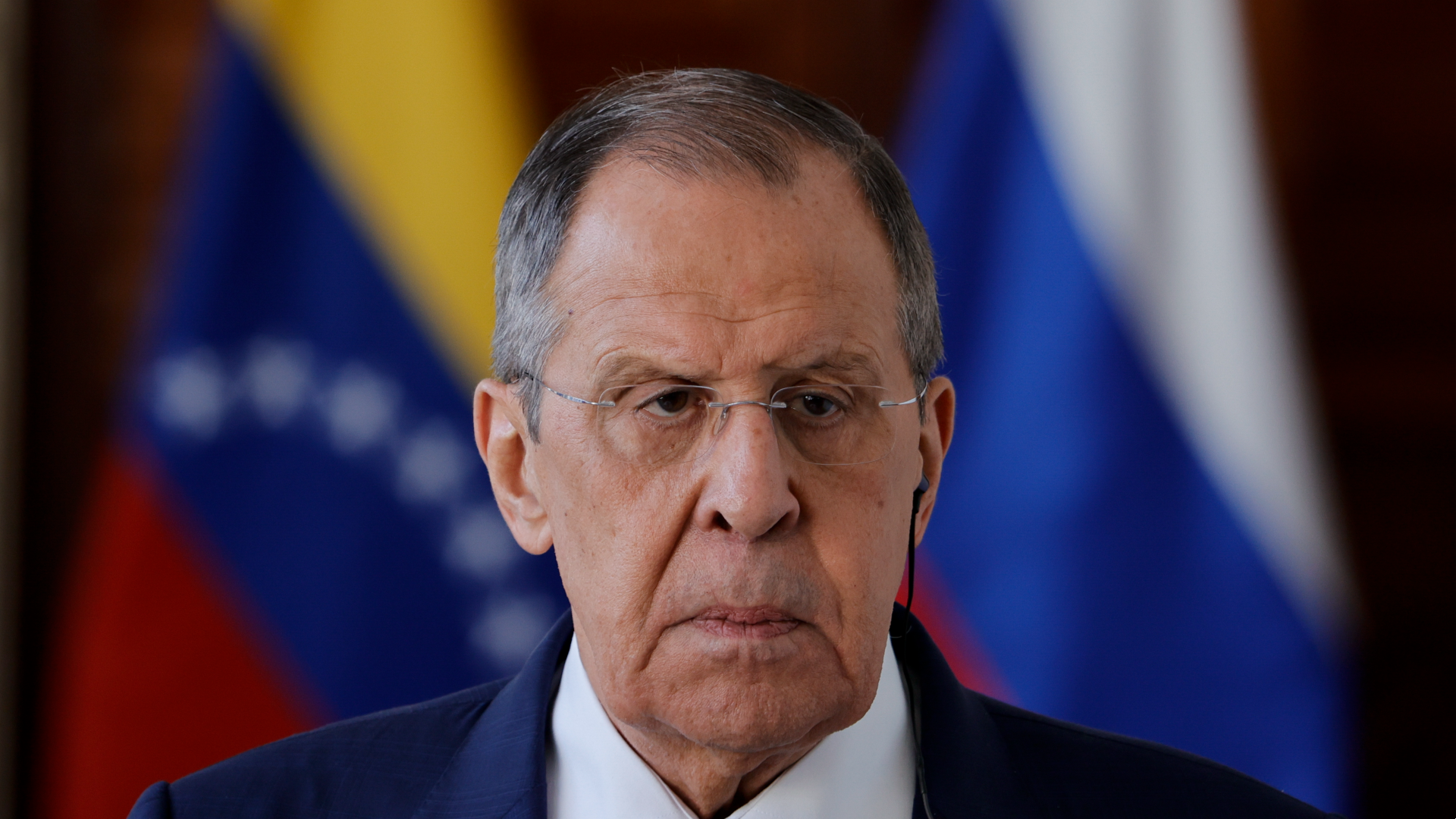First modification:
Sergei Lavrov, the Russian Foreign Minister, makes his second strategic stop in Latin America. This Tuesday, April 18, he met with his Venezuelan counterpart, Yván Gil, in Caracas from where they announced mutual support and condemned the economic sanctions of the United States against the South American country.
An unconditional support. Venezuela and Russia promised to “expand the pace and also volumes” of their cooperation in the fields of oil, medicine, agriculture, pharmaceuticals, technologies, among others, during the visit of Foreign Minister Sergei Lavrov in Caracas.
“We fully support the position of our Venezuelan friends,” said the Russian Foreign Minister. And he added: “It is your country (…) and we are going to support it in any way so that the Venezuelan economy becomes an economy independent of the pressures of the United States and other Western actors.”
For his part, the Venezuelan foreign minister, Yvan Gil, ruled that both countries have reviewed the shared position on “the multipolar world, in the new global geopolitics.” In addition, he stated: “Let’s remember that the Russian Federation and Venezuela share all the principles of the United Nations Charter.”
Gil and Lavrov commented that their nations are developing an alternative to SWIFTthe global system of financial transactions from which the main Russian banks were banned after the invasion of Ukraine, and criticized the United States sanctions on Venezuela.
“The United States has been applying a systematic policy of attacking our economy, of suffocating our economy, despite having committed on numerous occasions to facilitating dialogue among Venezuelans, what has actually happened is the opposite,” Gil said.
“We have not perceived a relaxation of the sanctions, what we have seen in the economic recovery has been the own effort of the Venezuelans (…) We continue to insist to the United States and Europe that all sanctions must be lifted,” he added.
Since relations between Russia and Venezuela began, the countries have signed more than 300 agreements. In this new visit, the officials promised to “continue advancing” in cooperation in the energy and financial sectors, and also in aspects of air and maritime interconnection.
In the past, Venezuela has purchased helicopters, fighter jets and Kalashnikov rifles from Russia as part of their military relationship. Now, the joint statement mentions “new agreements” on culture and education, such as granting 200 scholarships for Venezuelans to study at Russian universities.
In 2022, both countries reached 11 agreements on health, energy, maritime transport and anti-drugs, among other areas, with a term of ten years from the signing.
Lavrov is expected to meet with Nicolás Maduro, with whom he has a “great friendship” according to the Venezuelan president.
“He is one of the most influential men in international politics, so welcome, Foreign Minister Lavrov, to South America, to Latin America, to the Caribbean, and welcome to Venezuela as well,” Maduro said on local television prior to the visit.
Lavrov arrives from a visit to Brazil. The official’s tour has been seen as an attempt to show that Russia is not isolated internationally, at the same time that he seeks to strengthen its presence in Latin America and the Caribbean. After these first two stops he will fly to Cuba and Nicaragua, countries where he maintains strong economic, political and military ties.

The objective is clear. According to the Russian Foreign Ministry, Lavrov flies “to the region with a concrete agenda that seeks to strengthen mutually beneficial cooperation” between Russia and the countries of the region at the “political, commercial, economic, educational, humanitarian, cultural and other fields.”
United States advocates for Ukraine
The United States called on the leaders of Cuba, Venezuela and Nicaragua to “find time in their busy schedules” to listen to the Ukrainian version of the war, according to John Kirby, a White House spokesman.
“These are all sovereign countries, they are going to make their own decisions. But we would like, however, for those leaders to find time in their busy schedules to also meet with Ukrainian leaders,” Kirby said.
The version contrasts with that of Lavrov. The president stated that: “CoIn Venezuela we have a very rich agenda and we have practical projects, as well as cooperation that in practice strengthens the foundations of our economies that do not depend on the whims, on blackmail from our colleagues in the West.”
In addition, he assured that in Nicaragua and Cuba they will continue to promote dialogue with the leaders of those countries.
Venezuela and Russia celebrate 78 years since the beginning of their diplomatic relations, which have been strengthened since the arrival of the well-known ‘Bolivarian Revolution’ in 1999.
With AP and EFE



![[Img #74675]](https://thelatestnews.world/wp-content/uploads/2024/12/They-discover-a-new-class-of-X-ray-sources-in-the-150x150.jpg)










